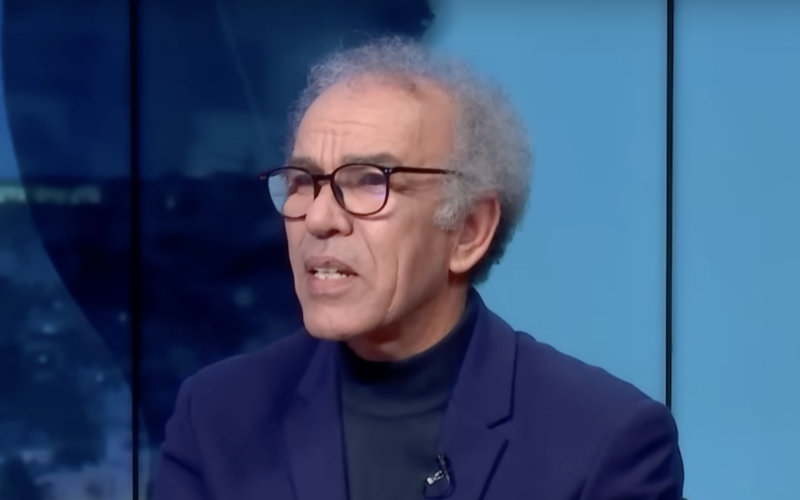Moroccan Activist Criticizes State’s Use of Morality Laws to Silence Dissent

In a podcast, the Amazigh academic and activist Ahmed Assid spoke on several topics, including the repression of dissident voices in Morocco, freedom of expression or secularism.
Responding to a question from journalist Fatima Ifriqui on freedom of expression in Morocco during the podcast "Thank you for the disturbance", Ahmed Assid says he sees "a change in the security approach of the State which no longer wants to have official political detainees, and therefore uses the trick of morals to justify the arrests of opposition voices," reports Article19. However, he deplores that this method tarnishes the image of the kingdom internationally.
Full of optimism, the activist says he is convinced that Morocco will eventually "turn the page on morality cases" against recalcitrant voices, as it has done before with "the years of lead". The economic ambitions displayed by the kingdom "cannot be realized without democracy, and without opposition, whether radical or reformist," he believes.
Addressing the issue of secularism, Ahmed Assid recalled that "secularism is not the separation of religion from society, as religious movements claim, but the separation of religion from the state and institutions." In other words, it is the establishment of "the neutrality of authority." The goal is to allow the state apparatus to fulfill its mission of serving the citizen without distinction of religion. According to him, religion must remain a personal choice that cannot be imposed by force and only secularism can guarantee coexistence between religions within society.
However, Assid notes that religion, along with politics and sex, are the main taboos in Moroccan society, and any debate on these subjects always disturbs and puts thinkers in direct confrontation with their detractors. The intellectual must then show courage and resilience, by constantly siding with the human being and human dignity, and by criticizing any form of underdevelopment both within the State and in society, whatever the price to pay, affirms the writer.
Related Articles
-

Morocco Cracks Down on Illegal Construction: Major Cities Face Scrutiny Amid Urban Planning Scandal
6 September 2025
-

Moroccan Police Bust International Phone Theft Ring: France-Morocco Sting Recovers Stolen Devices
6 September 2025
-

US Reaffirms Support for Moroccan Sovereignty in Western Sahara Dispute
6 September 2025
-

Severe Weather Alert: Moroccan Regions Brace for Intense Thunderstorms and Heavy Rainfall
6 September 2025
-

Quebec’s International Student Crisis: UQAM Faces 39% Drop as Government Policies Spark Global Concern
5 September 2025